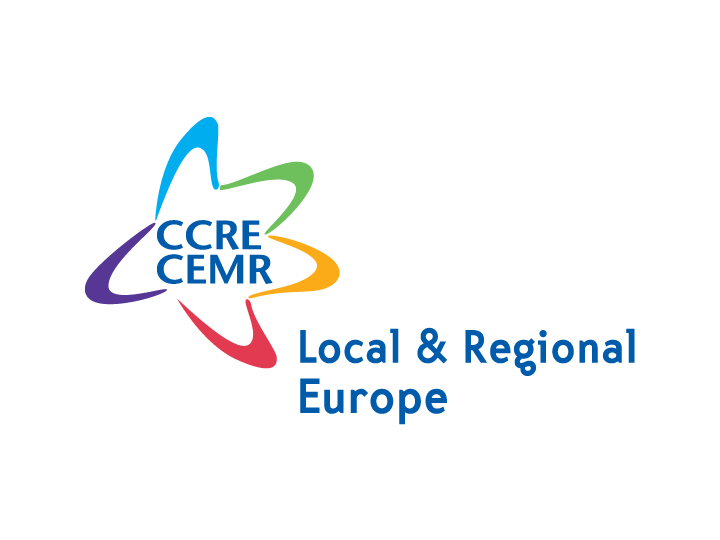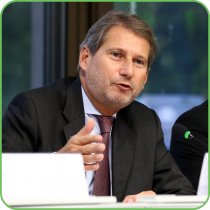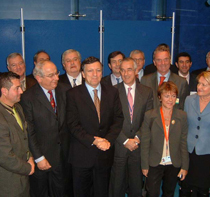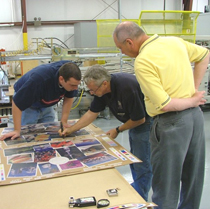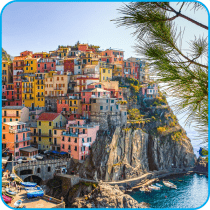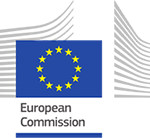Commissioner Hahn on the new RFSC tool: “a free, adaptable, and interactive tool for cities”
Organised during the Open Days*, this event, entitled ‘Towards a European Model of a Sustainable City’, allowed cities to discover new ways to implement strategies and projects by following the ‘integrated’ approach. This approach aims to ensure a larger cohesion and a better articulation between different policies implemented in a given area, while considering economic, social, and environmental aspects. For example, it allows a municipality to develop a public transport system while taking into account issues like the environment and the integration of disadvantaged inhabitants.
The event offered the occasion to present the online toolkit. Available in 18 languages, it assists cities to develop strategies or projects in sustainable and integrated urban development. It also provides an evaluation system and serves as a platform for communication and exchange.
In his address to European cities, Johannes Hahn states: “This is an on-going process and we must continue in our efforts to build up the RFSC. How far it succeeds will depend on you. To fully realise its potential it needs to become a vibrant community of cities that are willing to share their experiences. They must be prepared to use it in an interactive way, benefitting from dedicated training sessions, peer learning and coaching from relevant experts.”
The morning sessions explained how the toolkit works. The Council of European Municipalities and Regions was represented by Head of Policy, Angelika Poth-Mögele, who led a panel debate discussing the efficacy of the toolkit. Afternoon sessions provided training workshops for interested cities.
Link to the presentations made during the workshops and sessions.
*The Open Days are an annual week-long series of events organised in Brussels that gather 5 000 experts, practitioners and local and regional elected representatives.
rn
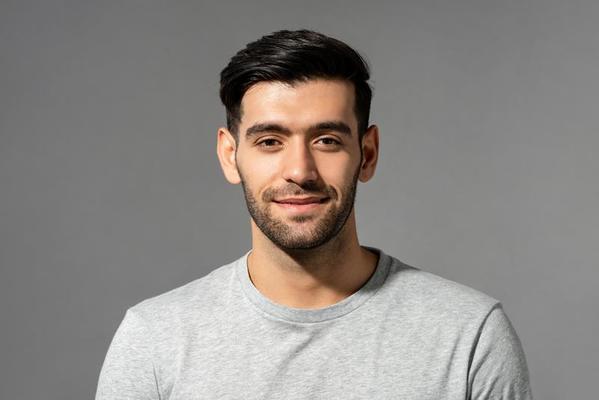
Climate, Sustainable Finance Officer
